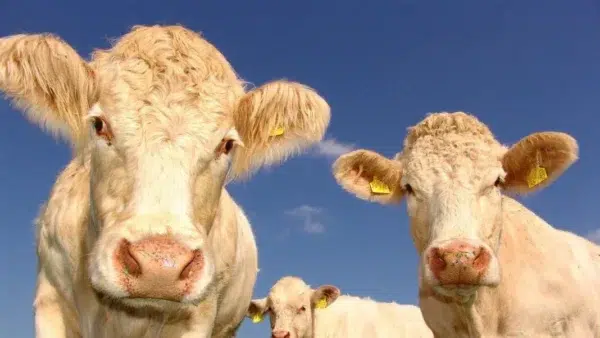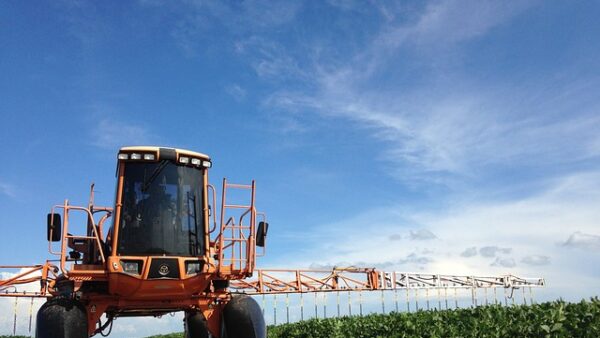ASTA’s Organic Seed Committee outlines its three top priorities and how it will continue to educate growers and producers.
As the American Seed Trade Association remains diligent in its mission to promote the research, development and movement of quality seed, so too does its Organic Seed Committee in its mission to connect organic growers with organic seed producers.
The committee has approximately 100 members representing more than 60 companies nationwide. In its efforts to improve the U.S. seed industry, the committee outlines three top priorities: 1) ensuring the availability of organic seed for organic producers; 2) facilitating the trade of organic seeds; and 3) supporting the USDA’s coexistence efforts.
“Since drafting comments to the National Organic Standards Board (NSOB) in 2002, we have worked with seed producers to ensure organic seed is available,” says Michelle Klieger, ASTA’s director, international programs and policy. “We’re a key supporter of the Organic Seed Finder, which helps connect seed producers and growers.”
The Need for Harmonization
When it comes to facilitating the harmonization of organic standards with other countries, ASTA has met with the Agriculture Market Services and the National Organic Program to encourage them to include seed in all harmonization discussions with other nations.
The association also recently met with the Brazil Embassy to remind them of the importance of including seed in any harmonization discussions. Additionally, it works with the Foreign Agriculture Service and national seed associations to address individual issues that arise.
“For example, the prohibition on exporting untreated seeds to Mexico has been a problem for our organic industry, which produces organic crops in Mexico and then exports them back to the U.S.,” explains Ric Dunkle, ASTA’s senior director of seed health and trade. “These producers need untreated seed, but Mexico does not allow untreated seed in, and produce from treated seeds cannot be certified organic.”
However, last fall Mexico released its protocol for untreated seeds so there is now a system for untreated seeds to be exported to Mexico. This move is already proving beneficial for many companies.
Coexistence efforts also remain important to the committee. ASTA has been an active participant in USDA discussions, including at a coexistence stakeholders meeting in March.
“We explained best management practices to ensure growers get the seed they ordered,” says Klieger. “This level of record keeping was an integral part of the seed industry before the introduction of biotechnology and continues today.”
Achieving these three top priorities is important to the committee’s mission.
“Our members can meet demand for organic seeds but producing them poses additional risks and costs above conventional seed,” Klieger says. “Therefore, seed companies want to find markets for their seed before producing it.”
The seed industry has been mentioned in USDA’s report on coexistence, claiming there is insufficient seed to meet demand for organic and non-genetically engineered seeds.
“Our committee determined that the USDA’s statement must be better defined,” Klieger says. “Corn seed for feed is the only sector of concern.”
To determine the amount of available corn seed for this market, ASTA has hired a contractor to work with organic and non-genetically engineered seed producers to determine how much seed is available.
After the report is finalized, the association will share its findings with the National Organic Program, which in turn will provide the USDA and the seed industry with quantitative data.
ASTA’s Organic Seed Committee has made great strides in its efforts and remains steadfast in its journey during the next one to three years in effectively communicating how organic seed is produced and why it is more expensive than conventional seed.
“Seed producers need more than a year lead time to produce organic seed,” Klieger explains. “Given the added costs associated with organic seed production and the limited shelf life of seed, companies are not willing to produce seed before identifying buyers.
“This means that producers must place their orders early. This marketplace education will help both seed producers and organic growers.”












